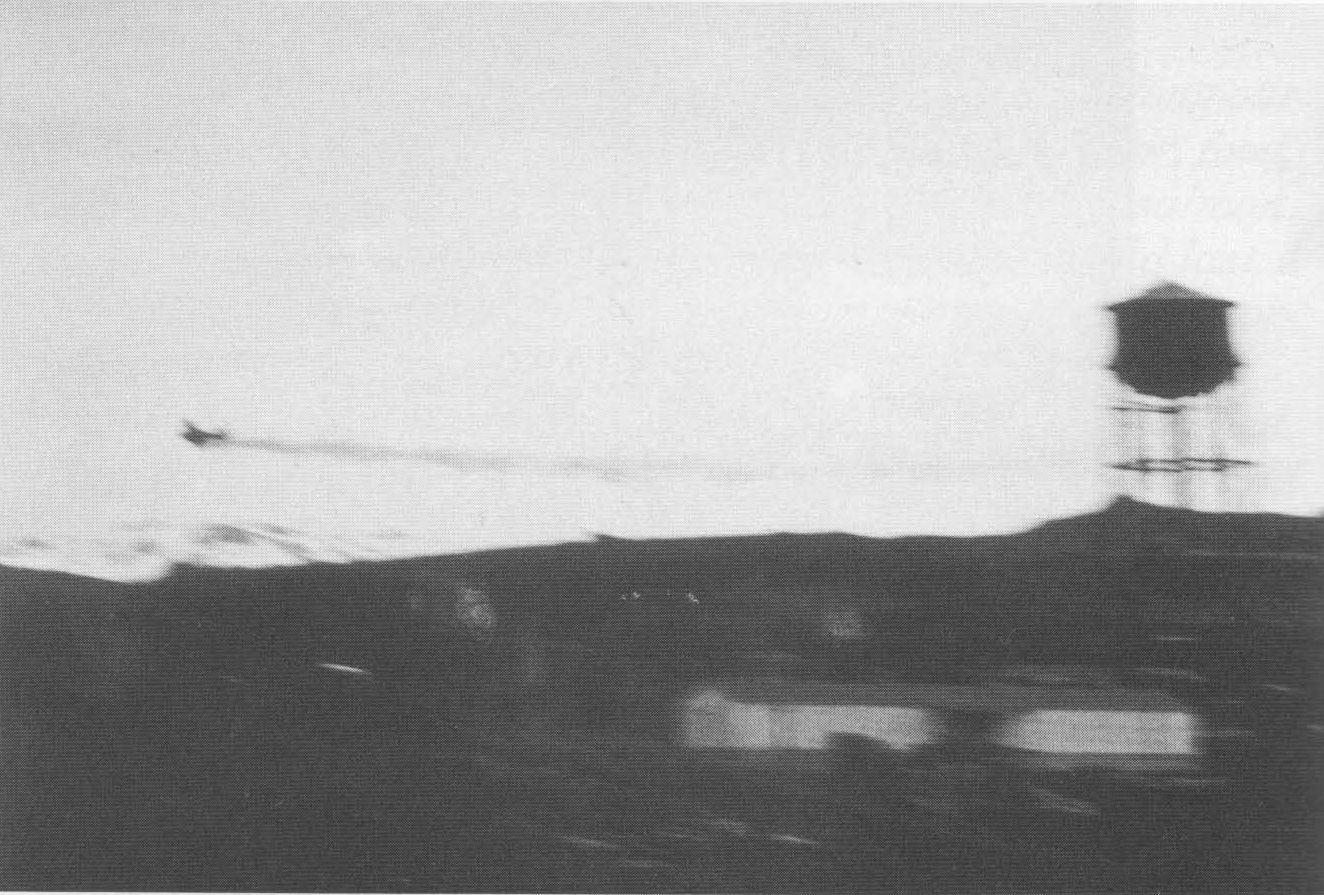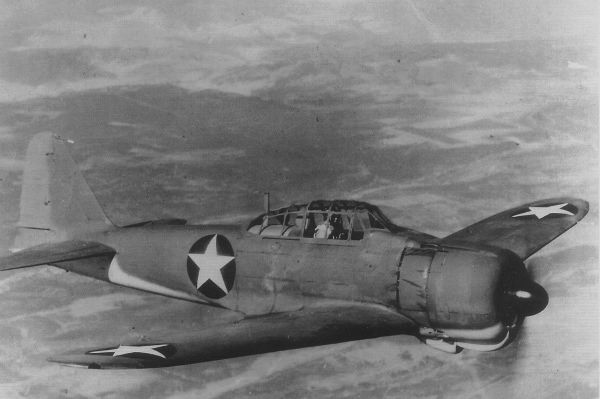Also many Soviets from the Lend-Lease air ferry operations.

Posted on 05/28/2018 2:39:19 PM PDT by BBell
ANCHORAGE, Alaska (AP) — William Roy Dover's memory of the World War II battle is as sharp as it was 75 years ago, even though it's been long forgotten by most everyone else.
His first sergeant rousted him from his pup tent around 2 a.m. when word came the Japanese were attacking and had maybe even gotten behind the American front line, on a desolate, unforgiving slab of an occupied island in the North Pacific.
"He was shouting, 'Get up! Get out!'" Dover said.
Dover and most of the American soldiers rushed to an embankment on what became known as Engineer Hill, the last gasp of the Japanese during the Battle of Attu , fought 75 years ago this month on Attu Island in Alaska's Aleutian chain.
"I had two friends that were too slow to get out," the 95-year-old Alabama farmer recalled. "They both got bayonetted in their pup tents."
Joseph Sasser, then a skinny 20-year-old from Cartharge, Mississippi, also found himself perched against the berm on Engineer Hill when a captain with a rifle took up a position about 10 feet (3 meters) away.
"I noticed about after 30 minutes or so, he was awfully quiet," Sasser said. "We checked to see if he had a pulse and if he was alive, and he was not.
"We didn't even know he had been shot," said Sasser, also 95.
American forces reclaimed remote Attu Island on May 30, 1943, after a 19-day campaign that is known as World War II's forgotten battle. Much of the fighting was hand-to-hand, waged in dense fog and winds of up to 120 mph (193 kph).
The battle for the Aleutian island was one of the deadliest in the Pacific in terms of the percentage of troops killed.
(Excerpt) Read more at wnct.com ...
Appreciate your comments.
I just remembered one other fact of the rescue of the wife (both were weather observers). I know that the natives took her from her home and canoed away from the Japanese. However, I don’t think they got to American lines.
If I remember correctly, she had radioed her command post/weather base about the Japanese raid and perhaps a rendevous spot has been set up because I recall that one of our PBY’s or smaller seaplanes came in under the fog and got her to safety.
Lots of incredibly brave people on our side with stories yet to be told.
bttt
Roosevelt and the upper crust of DC government, knew the date of an attack on Pearl. They were also reading cables. Roosevelt was one helluva manipulator, and the press covered for him just like today.
Just about every war we fight we have to learn new—and old—lessons all over again.
Also many Soviets from the Lend-Lease air ferry operations.

bookmark 4 later
Had an uncle who enlisted in 1940 wound up in Alaska made it through the Kiska Attu campaign only to get killed in an accident in 45 just before being discharged. Was looking forward to having him back when a Western Union messenger arrived with the telegram informing us of his passing. Bawled my eyes out. RIP Cpl Edward Boska USA his remains was transferred to Camp Butler Illinois National Vet cemetery.
My Drill Instructor was many things, sassy not among them. ;~)
Is it me or are their ground squirrels in this iconographic photo?
Foreground, to the right. 2 of ‘em.
https://en.wikipedia.org/wiki/File:First_flag_on_Guam_-_1944.jpg
Planting the flag on Guam under battlefield conditions:
Ground squirrels in the foreground:
https://en.wikipedia.org/wiki/File:First_flag_on_Guam_-_1944.jpg
My father also fought on Guam (USMC)—earned a Silver Star and a Purple Heart. When I was a kid I heard stories about Guam but in his final years he would mostly talk about the fighting on Okinawa the next year.
four is what I count
The "spy-ring" comprised three Germans and an American turncoat. They were discharged by U-Boot in Frenchman's Bay near Bar Harbor, Maine. They had $50,000 in genuine U.S. currency which represented a significant investment for the hard currency strapped Dritte Reich. They caught a bus on Route 1 for Boston, and hence to New York. (If anyone asked about their accents, they were instructed to say that they were Norwegian seamen.) The local sheriff's son noticed their tracks in the snow, and he and his father searched for them. They reported it to the FBI, who took the incident seriously.
In the event, the cunning spy-ring liked new clothes, good dining and Broadway shows a lot more than sabotage and spy-craft. The turncoat American got cold feet and called a high school friend who was working for the FBI and J. Edgar Hoover's G-men rolled up the invincible Nazi Supermen in no time. (The Brits would have turned them.)
The Germans were executed after a summary court-martial, having accomplished less than nothing, and the American, who turned them in, was imprisoned and repatriated to Germany after the War.
Touching
The Japanese began building an airbase on Shemya (I've been there) about 30 mile to the east. The Americans finished the base, and it was packed with P-38's and B-24's. There were 20,000 GIs there. They bombed Honshu around the clock. The suicide rate among the GIs was quite high. There's girl behind every tree. There are no trees.
Meerkats. Photoshopped.



I heard about Shemya back in the 1980s, and they still referred to “the girl behind every tree.”
Disclaimer: Opinions posted on Free Republic are those of the individual posters and do not necessarily represent the opinion of Free Republic or its management. All materials posted herein are protected by copyright law and the exemption for fair use of copyrighted works.